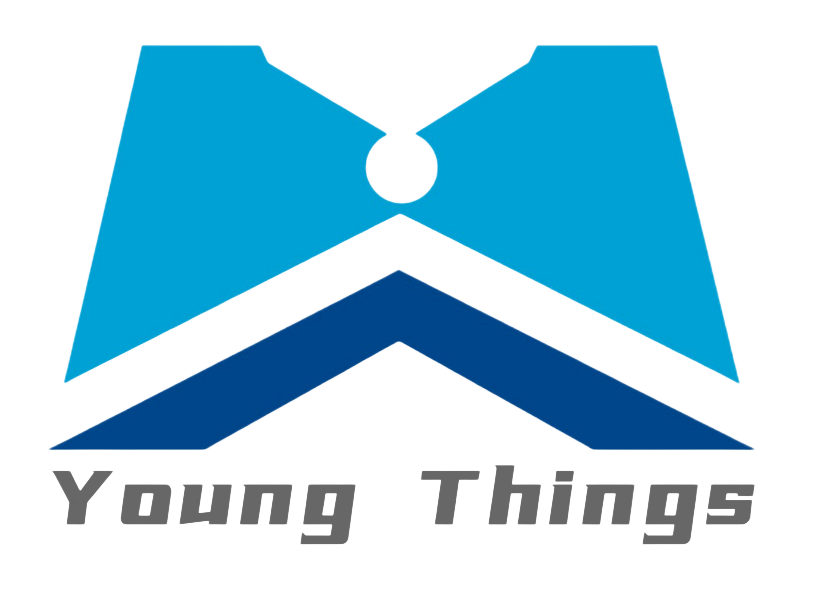Introduction
As environmental issues become more pressing, industries around the world are shifting towards more sustainable practices. The titanium metal industry, which plays a key role in aerospace, medical devices, and industrial manufacturing, is no exception. With its high energy consumption and resource-intensive production processes, the titanium industry faces significant environmental challenges. For international buyers, understanding these issues and adopting sustainable procurement strategies is crucial for aligning with global sustainability goals. This article explores the environmental challenges in the titanium industry, the importance of green procurement and supply chain transparency, and offers practical advice on selecting environmentally certified suppliers and promoting sustainable procurement.
1. Environmental Challenges in the Titanium Industry
Even though titanium metal is essential for many high-tech applications, its production process has environmental impacts:
High Energy Use: Producing titanium requires a lot of energy for extraction, refining, and smelting. This often comes from non-renewable sources, leading to high carbon emissions. The production of titanium dioxide, a common titanium compound, is particularly energy-intensive.
Resource Depletion: Mining titanium ore (like ilmenite and rutile) can lead to resource depletion. Mining activities can damage ecosystems, cause deforestation, and destroy wildlife habitats.
Waste and Emissions: The processing of titanium generates significant waste, including solid waste, tailings, and emissions. Proper management of waste and by-products (such as radioactive materials from extraction) is crucial.
To tackle these challenges, the titanium industry needs to adopt more sustainable practices to reduce its environmental impact and meet the growing demand for eco-friendly materials.
2.The Importance of Green Procurement
As sustainability becomes a central focus for businesses, green procurement is increasingly important in the titanium industry. Buyers must ensure their suppliers use environmentally friendly practices and that the entire supply chain meets environmental standards.
Green procurement means choosing products and services that have a lower environmental impact throughout their lifecycle. In the titanium industry, this involves sourcing from suppliers who prioritize energy efficiency, use renewable energy, and reduce waste. It also includes selecting products that are longer-lasting, more recyclable, and have a smaller carbon footprint.
For example, a titanium metal plant decided to use solar energy as its main power source. By installing solar panels on its roof, the plant reduced its reliance on fossil fuels, cutting thousands of tons of CO2 emissions each year. This not only made their titanium production greener but also saved on energy costs. Due to these green practices, the company became a preferred supplier in the international market, especially for buyers focused on sustainability and reducing carbon footprints.
3.How to Choose Environmentally Certified Suppliers
Choosing suppliers that align with sustainability goals is a key step in promoting environmental responsibility in the titanium industry. Here’s what to look for:
Certification Standards: Seek suppliers with recognized environmental certifications, like ISO 14001 for environmental management systems, or certifications from the Forest Stewardship Council (FSC) or Global Reporting Initiative (GRI). These certifications show that the supplier has strong environmental management practices and is committed to continuous improvement.
Energy Efficiency and Renewable Energy: Check how suppliers use energy. Favor those who use energy-efficient technologies or renewable energy sources, like solar or wind power. Suppliers investing in renewable energy usually have a lower carbon footprint.
Waste Management and Recycling: Look for suppliers with effective waste management and recycling programs. This includes recycling titanium waste, reducing waste production, and handling hazardous materials properly. Suppliers with closed-loop systems (minimizing waste and reusing materials) are especially valuable.
Transparency and Reporting: Choose suppliers who are open about their environmental practices and regularly report on their sustainability performance. This includes publishing sustainability reports, disclosing carbon emissions, and undergoing third-party audits. Transparent reporting helps buyers understand the environmental impact of suppliers and make informed choices.
Conclusion
As the titanium industry evolves, addressing environmental challenges and promoting sustainable practices becomes increasingly important. By focusing on green procurement, ensuring supply chain transparency, and selecting environmentally certified suppliers, buyers can help drive the industry towards a more sustainable future. Following the strategies outlined in this guide will assist procurement professionals in making decisions that align with global sustainability goals, reduce environmental impact, and enhance their organization’s reputation.
This guide provides actionable insights for international buyers looking to adopt sustainable procurement practices in the titanium industry. By embracing these practices, businesses can contribute to a healthier planet while securing the high-quality materials they need for success.
Share this article
Written by : titaniumyx.com
Follow us
Table Of Content



